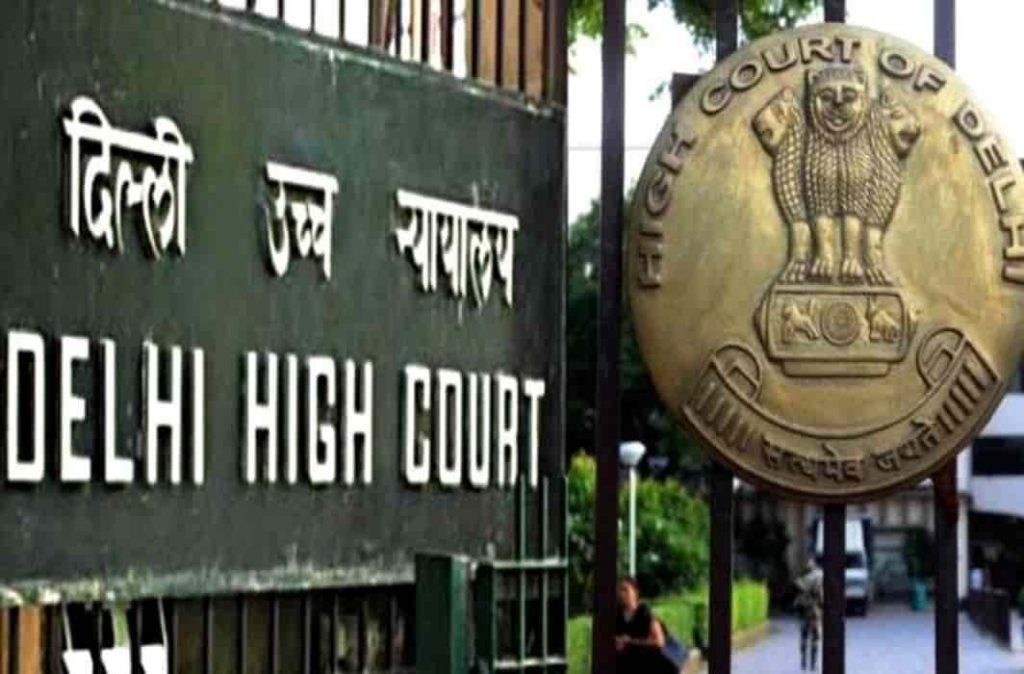New Delhi: The Delhi High Court restrained Monday the unauthorised broadcast of the upcoming Tokyo Olympics. It is usually done by several rogue websites, multi-system operators and local cable operators. The Delhi High Court directed internet service providers (ISPs) to block access to these websites illegally broadcasting the Games on their platforms. It also asked Central government to issue necessary directions/notifications calling upon various ISPs to block access to the rogue websites.
The ex-parte interim order will remain in force till the next date of hearing September 29. It was was passed by Justice C Hari Shankar on a plea moved by Sony Pictures Networks India. It is the exclusive broadcaster of Tokyo Olympics.
Sony Pictures owns and operates the Sony Ten Network of channels which includes Sony Ten 1, Sony Ten 1 Hd, Sony Ten 2, Sony Ten 3, Sony Ten 2 Hd, Sony Ten 3 Hd, Sony Espn, Sony Espn Hd, Sony Six, Sony Six Hd etc.
Advocate Abhishek Malhotra, representing Sony Pictures, told the court that his client was the ‘right holder broadcaster’ as it had acquired an exclusive license for exploitation and media rights over the Tokyo Olympics. In its agreement with the International Olympics Association, Sony Pictures had the exclusive right to broadcast the Games over any media platform, Malhotra submitted.
The senior lawyer highlighted that there were over 40 websites and over 30 multi-system operators and local cable operators illegally broadcasted pirated content in violation of the copyright act and argued that the new IT Rules of 2021 required an ISP to protect a party’s proprietary rights.
In the plea, Sony Pictures has stated that these websites and cable TV operators were habitual defaulters. They have in the past infringed its exclusive rights for the broadcast of certain cricket matches. After hearing Malhotra, the court issued summons in the plea and sought response from the defendants within four weeks.
